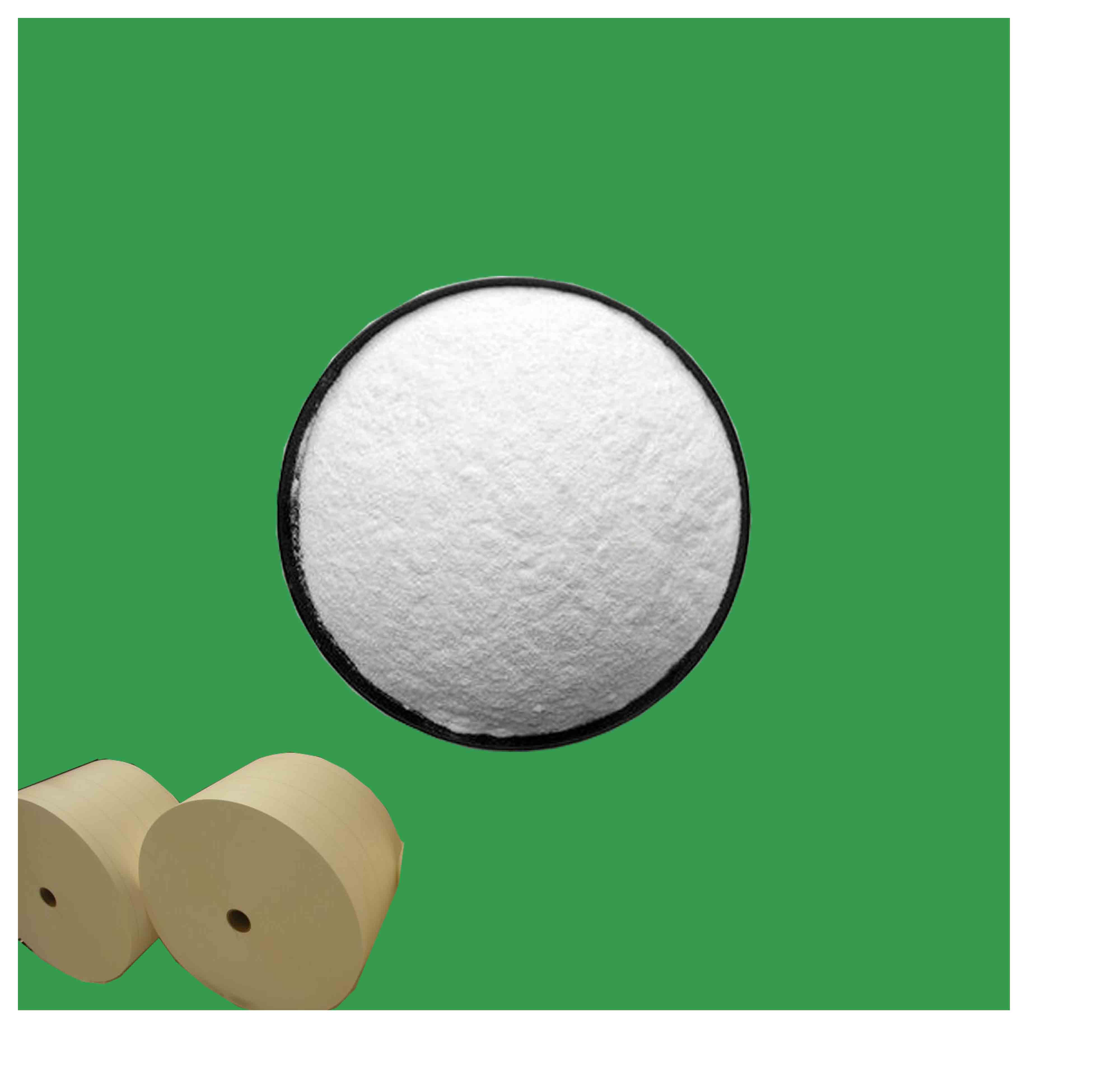
Ліст . 25, 2024 09:56 Back to list
Different Varieties of TiO2 Suppliers and Their Unique Offerings
Understanding the Different Types of TiO2 Suppliers
Titanium dioxide (TiO2) is one of the most widely used white pigments in the world. It is employed in a variety of applications, such as paints, coatings, plastics, paper, and even cosmetics. The demand for high-quality TiO2 products has led to the emergence of various types of TiO2 suppliers, each specializing in unique attributes and applications. In this article, we will explore these different types of suppliers, their product offerings, and how they impact various industries.
1. Chemical Manufacturers
Chemical manufacturers are the backbone of the TiO2 supply chain. They produce TiO2 using two primary processes the sulfate process and the chloride process.
- Sulfate Process This traditional method involves the reaction of titanium ore with sulfuric acid. It yields high-purity TiO2 and is more suitable for low-grade titanium ores. However, it generates significant waste and requires strict environmental controls.
- Chloride Process This more modern method uses chlorine to produce TiO2, resulting in a purer product and a more environmentally friendly process. Chloride-derived TiO2 is known for its high brightness and durability, making it ideal for high-performance applications.
These chemical manufacturers often supply to various sectors and are vital in maintaining the quality and consistency of TiO2 products.
2. Specialty TiO2 Suppliers
Specialty suppliers focus on producing TiO2 with specific functionalities tailored for niche applications. This includes products designed for
- Coatings Specialty TiO2 suppliers provide formulations that enhance ultraviolet (UV) resistance, imparting longevity and durability to coatings used in automotive, industrial, and architectural applications.
- Plastics Some suppliers offer TiO2 grades that improve the physical properties of plastics, such as opacity, dispersibility, and heat resistance. These products are critical for industries that require stringent material standards.
- Cosmetics In the cosmetics industry, specialized TiO2 suppliers provide ultra-fine particles that not only offer whiteness but also provide UV protection and safety for skin applications. These products must comply with strict regulatory standards.
types of tio2 supplier

Industrial TiO2 suppliers cater to bulk demand in various sectors. They provide economically viable options for producers requiring large quantities of TiO2 for applications like construction and manufacturing. These suppliers often emphasize cost-effectiveness and supply chain efficiency.
- Building Materials TiO2 is essential in cement and concrete industries as it enhances the aesthetic quality while providing dry opacity and UV resistance. Suppliers often have agreements with construction firms to ensure a steady supply.
- Paper Industry In paper production, TiO2 is used as a filler and coating pigment to improve brightness and opacity. Suppliers in this category focus on providing TiO2 grades that meet the quality standards of paper manufacturers.
4. Global vs. Local Suppliers
The choice between global and local TiO2 suppliers can depend on multiple factors including logistics, cost, and application needs.
- Global Suppliers These suppliers have established manufacturing facilities around the world and can offer a wider range of products and competitive prices. They are particularly beneficial for large corporations with extensive supply chains.
- Local Suppliers Local suppliers can provide significant advantages in terms of quicker turnaround times and lower shipping costs. They are often preferred by small to medium-sized enterprises (SMEs) that prioritize agility and support for local economics.
5. Emerging Suppliers
Emerging suppliers have started to enter the TiO2 market by adopting innovative approaches. Some of them invest significantly in research and development to explore new applications of TiO2, such as in nanotechnology and photocatalysis.
- Nanotechnology These suppliers focus on producing ultra-fine TiO2 particles that can enhance functionality in various applications, from advanced coatings to environmental remediation solutions.
- Sustainable Production With increasing environmental awareness, some suppliers are adopting sustainable practices, including recycling waste and using alternative energy sources to reduce their carbon footprint.
Conclusion
In summary, the landscape of TiO2 suppliers is diverse and multifaceted. From large chemical manufacturers to specialized niche producers, each plays a critical role in delivering high-quality TiO2 for various applications. As industries continue to evolve, the demand for innovative and sustainable TiO2 solutions will likely drive the growth of new suppliers and technologies, shaping the future of this vital material. Whether considering bulk purchases for industrial application or specialty grades for unique products, understanding the type of supplier can significantly impact the quality and performance of the final product.
-
China Lithopone in China Supplier – High Quality Lithopone ZnS 30% Powder for Wholesale
NewsJun.10,2025
-
Top China Titanium Dioxide Company – Premium TiO2 Powder Supplier & Manufacturer
NewsJun.10,2025
-
Fast Shipping 99% Pure TiO2 Powder CAS 13463-67-7 Bulk Wholesale
NewsJun.10,2025
-
Top China Titanium Dioxide Manufacturers High-Purity R996 & Anatase
NewsJun.10,2025
-
Lithopone MSDS Factories - Production & Quotes
NewsJun.10,2025
-
High-Quality Titanium Dioxide in Water Suppliers - China Expertise 60
NewsJun.09,2025
